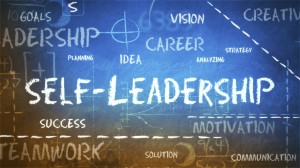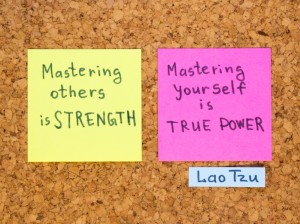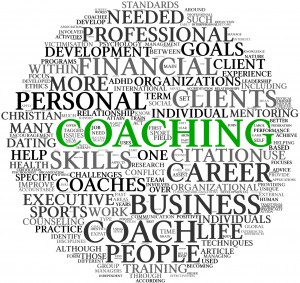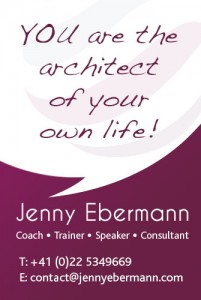… is not easy! In fact it is a major challenge and hurdle to many people. It starts by one simple thing: how many of you are able to look at yourselves in the mirror and give yourselves a virtual hug? It might seem simple but many of us did not grow up to like ourselves… there was always something missing or something not good enough.
In fact, we are our worst enemies as we continuously judge ourselves not seeing the little progresses we make but instead being stuck on all the things that could have been done better, different, more adequately….these things then keep coming back to our thoughts, moving along and influencing everything we do.
So here’s what to do:
- First of all, start by seeing all the little positive things in your lives. Being present, moment by moment will help you.
- Start writing down some objectives for yourself, these should be SMART (specific, measurable, attainable, realistic and timely) and could be linked to any aspect of your life (professional, private, yourself…)
- Write action plans for every single objective, identifying all little steps towards the attainment of your goal/objective (I am happy to share a template with you would like to see one)
- Check-in with yourself at a regular basis and write down all the things that you did well and achieved in line with your action plan. I am sure that there are many; your brain needs to see that!
- Stop judging yourself at a continuous basis, rather begin seeing the hurdles and “failures” as opportunities to grow.
- Try smiling at yourself and liking yourself (if you don’t already do so) every day a little bit more. You deserve all your attention! and finally, remember:
- We are all “imperfect” and that’s what makes us human!
Thanks for reading and have a wonderful rest of the week! Jenny









